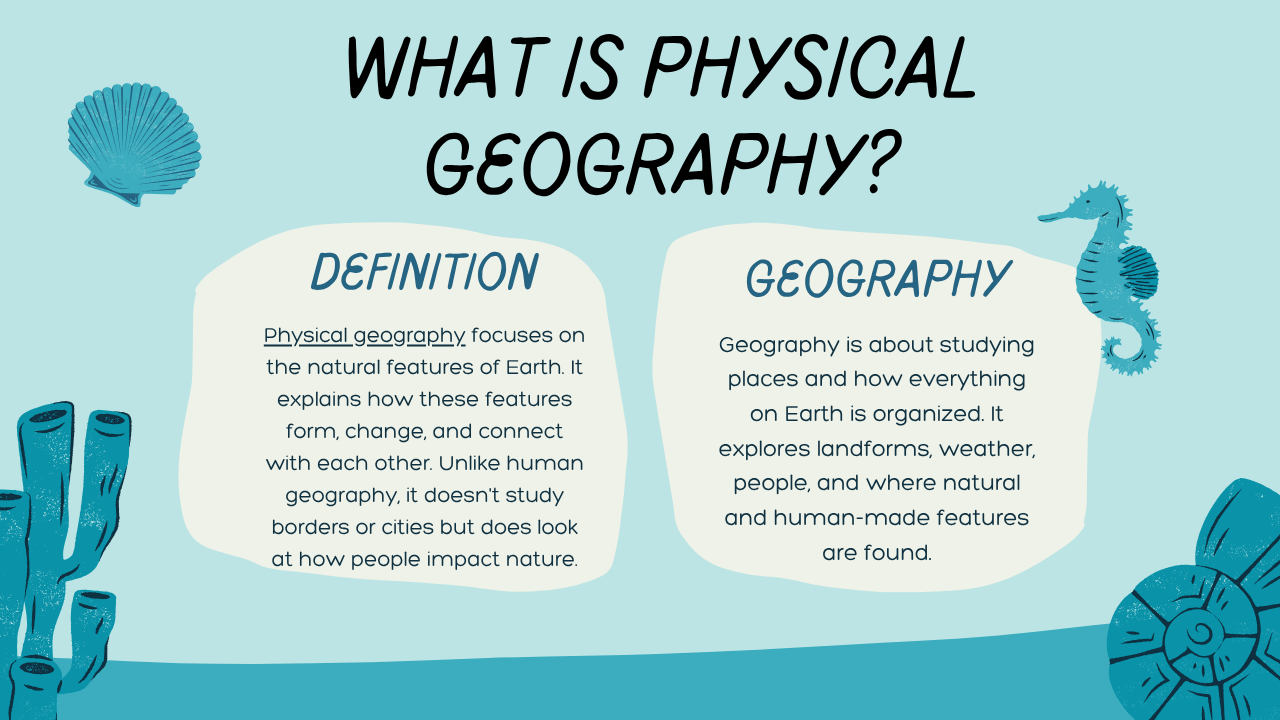In a world obsessed with complexity, sophistication, and intellectual prowess, there’s something profoundly countercultural about the simple prayers we learned as children. These brief, uncomplicated conversations with the Divine often carry more theological weight than our most elaborate adult petitions.
The Genius of Childlike Faith
Recently, I found myself reflecting on the prayers that shaped my early faith journey. Whether it was the classic mealtime blessing, bedtime prayers, or simple songs of praise, these formative spiritual practices did something remarkable: they established a foundation of trust that no amount of life’s complexity could shake.
Consider the profound theology packed into just a few lines of a child’s prayer. When we declare “God is great,” we’re making a statement about divine sovereignty and power. When we say “God is good,” we’re affirming His benevolent character and love. These aren’t shallow platitudes—they’re declarations of faith that even seasoned theologians spend lifetimes unpacking.
Beyond Rote Memorization
What makes these simple prayers so powerful isn’t just their theological content, but their accessibility. Unlike complex doctrinal statements or lengthy liturgical prayers, childhood prayers meet us where we are—hungry, tired, grateful, or scared. They don’t require advanced theological education or perfect articulation. They require an open heart.
The importance of prayers lies in their ability to grow with us. The same words that comforted us as children can anchor us through adult storms. The gratitude we expressed for our daily bread as five-year-olds can evolve into deep appreciation for God’s provision through job loss, illness, or uncertainty.
The Discipline of Simplicity
In our increasingly complicated spiritual landscape, there’s wisdom in returning to the fundamentals. Research from the American Psychological Association shows that simple, repetitive practices can reduce anxiety and increase overall well-being. When we combine this with spiritual practice, we create powerful pathways to peace.
The repetitive nature of childhood prayers also serves a disciplinary function. They teach us that faith isn’t just for crisis moments or Sunday mornings—it’s woven into the fabric of daily life. Every meal becomes an opportunity for gratitude. Every bedtime becomes a moment of trust. Every new day becomes a chance to acknowledge God’s goodness.
Reclaiming Wonder
Perhaps most importantly, simple prayers help us reclaim the wonder that often gets lost in adult faith. Children don’t struggle with theological doubts about whether God really cares about their lunch or their scraped knee. They believe, trust, and pray.
This isn’t to say that mature faith doesn’t wrestle with difficult questions or that intellectual exploration isn’t valuable. Rather, it’s a reminder that at the heart of all authentic spirituality lies a childlike trust in God’s character and care.
Making It Practical
If you find yourself spiritually dry or overwhelmed by the complexities of faith, consider returning to the simple prayers of your childhood. You might be surprised at how these basic expressions of faith can reignite your spiritual passion.
Start small. Before your next meal, pause and acknowledge God’s provision. Before sleep, offer a simple prayer of gratitude for the day. These moments of simplicity can become anchors in the storms of life.
According to Harvard Health Publishing, regular gratitude practices—including prayer—can significantly improve mental health and overall life satisfaction. When we combine this with the spiritual benefits of communion with God, we create a powerful foundation for holistic well-being.
The Ongoing Journey
Simple prayers remind us that faith is both a destination and a journey. We never outgrow our need for the basics—gratitude, trust, and acknowledgment of God’s character. These foundational practices don’t become irrelevant as we mature; they become more precious.
The next time you hear a child pray, listen carefully. In their simple words, you might find profound truths that can revolutionize your spiritual journey. Sometimes the most sophisticated theology is found in the most straightforward expressions of faith.
After all, if these prayers were good enough to shape the faith of countless generations, perhaps they’re still good enough to shape ours today. In a world that often feels overwhelming and complex, maybe what we need most is to remember that God is great, God is good, and we can trust Him with everything—from our daily bread to our deepest fears.
Frequently Asked Questions About the “God is Great, God is Good” Prayer
What is the prayer that starts “God is good, God is great“?
The traditional prayer actually begins with “God is great, God is good” (not “God is good, God is great”). The complete prayer is:
“God is great, God is good,
Let us thank Him for our food.
By His hands we are all fed,
Give us, Lord, our daily bread. Amen.”
What are the words to the prayer “God is good”?
The full text of this beloved mealtime prayer is:
“God is great, God is good,
Let us thank Him for our food.
By His hands we are all fed,
Give us, Lord, our daily bread. Amen.”
Some variations include “Thank you for our daily bread” instead of “Give us, Lord, our daily bread.”
Where did the “God is great, God is good” prayer come from?
The exact origins of this prayer are unclear, though it has been a staple in Protestant Christian households for generations. It is an American tradition that emerged in the 19th or early 20th century, combining elements of gratitude, biblical theology, and simple rhyme to create a memorable mealtime blessing for families.
Is it “God is good” or “God is great”?
The traditional order is “God is great, God is good.” This sequence emphasizes God’s power and sovereignty first, followed by His loving character. Both attributes are essential to understanding God’s nature in Christian theology.
What is the origin of the “God is great, God is good” prayer?
While the precise origin remains unknown, this prayer likely developed within American Protestant communities as a simple way to teach children about God’s attributes and provision. It combines biblical concepts of God’s greatness (sovereignty) and goodness (love) with practical gratitude for daily sustenance.
Is there a “God is great, God is good, let us thank Him for our food” song?
Yes, this prayer is often sung as a simple melody in Sunday schools, Christian camps, and family settings. The tune varies by region and denomination, but the words remain consistent. Many families create their simple melodies to make the prayer more engaging for children.
What are the lyrics to “God is great, God is good”?
The standard lyrics are:
“God is great, God is good,
Let us thank Him for our food.
By His hands we are all fed,
Give us, Lord, our daily bread. Amen.”
Is there a Bible verse that says “God is great, God is good”?
While this exact phrase doesn’t appear in Scripture, the prayer reflects numerous biblical truths:
- God’s goodness: “The Lord is good to all” (Psalm 145:9)
- God’s provision: “Give us today our daily bread” (Matthew 6:11)
How do you say the “God is great, God is good” prayer in Spanish?
The Spanish version is:
“Dios es grande, Dios es bueno,
Démosle gracias por nuestro alimento.
Por Sus manos somos alimentados,
Danos Señor nuestro pan de cada día. Amén.”
Is there a sign language version of “God is great, God is good”?
Yes, this prayer can be signed in American Sign Language (ASL) and is often taught in deaf ministry programs and inclusive church settings. The simple structure makes it accessible for children and adults learning sign language.







